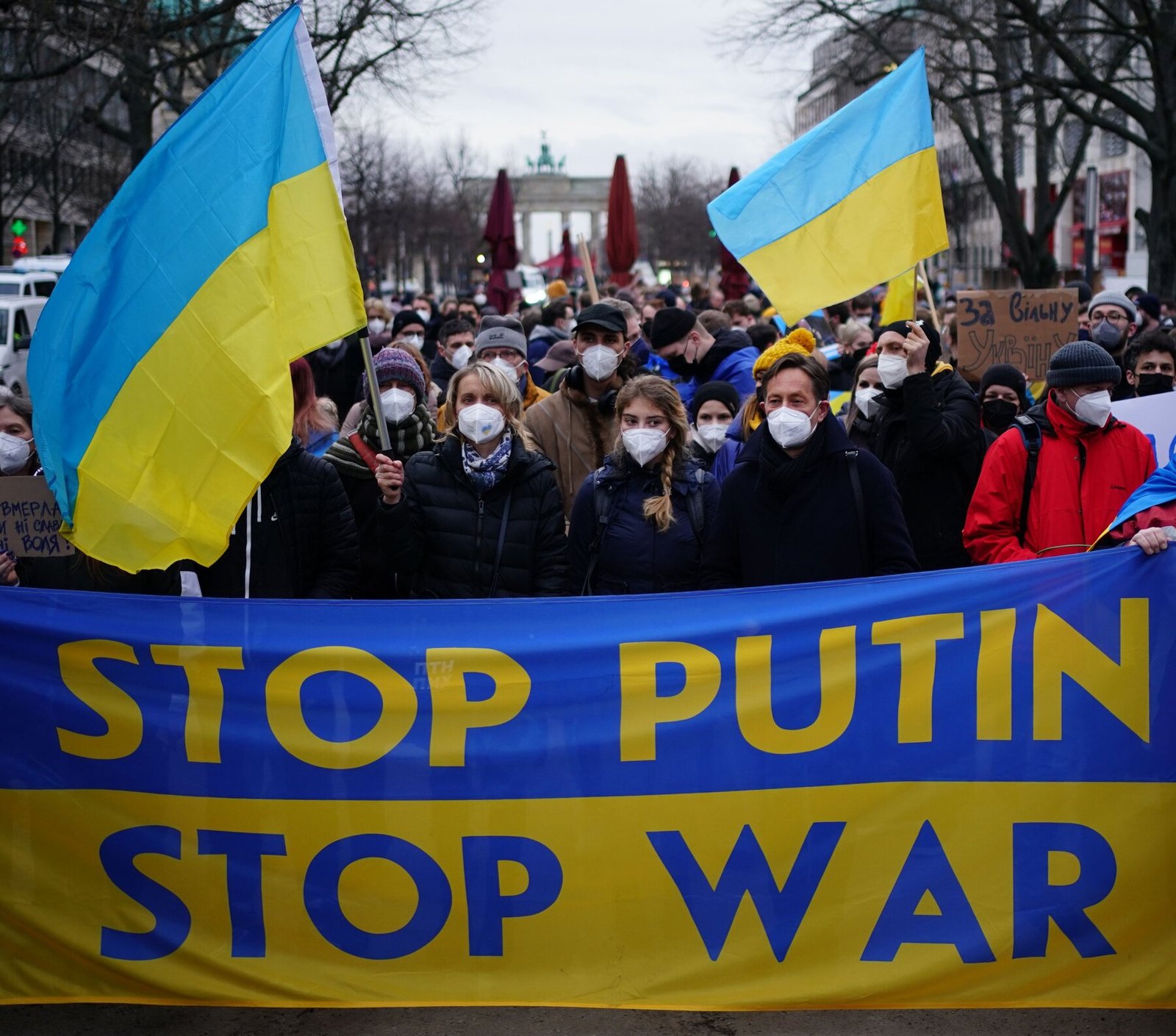
Bibi and his associate, Itamar Ben-Gvir
Dr. Mohammed Makram Balawi
No sooner than former Israeli Prime Minister Yair Lapid left the podium, Benjamin Netanyahu (Bibi) and his ministers started “ruining” Israel, contrary to Lapid’s warning. Netanyahu, who bragged that he would soon make peace with Saudi Arabia, found himself losing the United Arab Emirates (UAE) due to his National Security Minister Itamar Ben-Gvir, whose definition of security tends to bewilder many in Israel and outside.
Many critics in Israel claim Bibi is not the one who is really governing; it is those like Ben-Gvir and leader of the Religious Zionist Party Bezalel Smotrich who are really directing the government. Netanyahu is only a temporary bridge that will take these radicals to another Israel.
Immediately after assuming his position, Bibi found himself head-on with the United Nations General Assembly (UNGA), which passed a resolution asking the International Court of Justice (ICJ) to render its opinion on the legal consequences of Israel’s prolonged occupation of the West Bank.
Ben-Gvir, once he assumed his post as minister, lost no time and entered Al-Aqsa Mosque under police protection, boasting that he was confirming Jewish identity and Israeli sovereignty on what he calls “Temple Mount”. His 7 a.m. intrusion, which lasted 15 minutes, drew much criticism in Israel and other parts of the world. Yet, the government chose to defend his actions, signalling a new phase in the history of the holy site.
Ben-Gvir, through his actions, resembles someone who planted a minefield just to step onto each and every mine in it. This first mine that exploded was the cancellation of Bibi’s first international visit to the UAE. In fact, the UAE issued a statement condemning Ben-Gvir’s move: “The UAE strongly condemns the storming of the Al-Aqsa Mosque courtyard by an Israeli minister under the protection of Israeli forces.”
As for Israel’s oldest Arab peace partner, Egypt, its foreign ministry: “Warned of the negative repercussions of such measures on security and stability.” Jordan, Israel’s second-oldest Arab peace partner, condemned Ben-Gvir’s visit in the “strongest” terms, calling it: “A flagrant and unacceptable violation of international law, and the historical and legal status quo in Jerusalem and its sanctities.”
Even Turkiye, the first Muslim-majority nation to formally recognise Israel, which has been taking a very long march towards amending its relations with Israel, sabotaged by Israeli army commandos’ attack on Turkish humanitarian aid heading to Gaza in 2009, leaving nine Turkish citizens dead, condemned Ben-Gvir’s “act of provocation”: “We are concerned by the provocative act of Israeli Minister of National Security Itamar Ben-Gvir towards Al-Aqsa Mosque under the protection of Israeli police, and we condemn it.”
The Organisation of Islamic Cooperation (OIC), which represents 57 Muslim countries, issued a statement condemning Israel and described the move as: “Part of attempts by Israel, the occupying power, to alter the existing historical and legal status of the blessed Al-Aqsa Mosque.” It held Israel responsible for the repercussions of aggression against Palestinian people and: “Viewed this as a provocation against Muslims’ sentiments and a flagrant violation of relevant international resolutions.”
Yet, the Jordanian reaction was the strongest among Arab and Muslim countries, as Jordan’s monarchy derives its legitimacy from being the custodian of Jerusalem’s holy sites since 1924. The visit comes at a very difficult time for Jordan, which has been witnessing local demonstrations against the deteriorating economic situation. The last thing it needs is another lunatic like Ben-Gvir, who could ignite the country and the whole region.
Earlier, Jordanian King Abdullah II gave an interview to CNN, expressing his dissatisfaction regarding Israeli policies in Jerusalem, describing the city as a “tinder box”. He warned that if red lines are crossed, Jordan is ready for confrontation.
Jordan and the Palestinian Authority (PA) called for a special UN Security Council session to discuss the situation at Al-Aqsa Mosque, complaining that Israel is changing the status quo in the holy place, contrary to international agreements and resolutions.
Experience has taught us that the Israelis do not usually take Arab and Muslim warnings and threats seriously, as Israel knows that as long as it is under the US’ umbrella, it has not much to fear, as the US always rushes to save Israel when things worsen beyond its capacity. Yet, the Americans were not happy either this time, nor were the British or the Germans.
The second mine Ben-Gvir detonated was putting more restrictions on Palestinian freedom fighters jailed in Israeli illegal occupation jails, including writing, learning and celebrating their prison releases with their loved ones. The third mine is criminalising raising the Palestinian flag, which will engage the Israeli police and army in a meaningless and repressive duty and enrage the Palestinian population.
But now, if you are a hammer, you see all people as nails. The same practices the illegal Israeli occupation has been using for more than 50 years in the West Bank, Ben-Gvir intends to use against his fellow Israeli Jews who intend to demonstrate against the government in Tel Aviv, including former ministers and the prime minister, who dared to go to the streets and demonstrate against the government.
A year ago, when I wrote that a civil war looms on the Israeli horizon, many saw this as an exaggeration. Today, major Israeli politicians and leaders are warning against civil war. The Egyptian proverb goes: “The one who summons the demon dispels him.” Will the US, who is again rushing to Israel to save it from itself, be able to do anything in this regard?
(Source: MEMO)

















